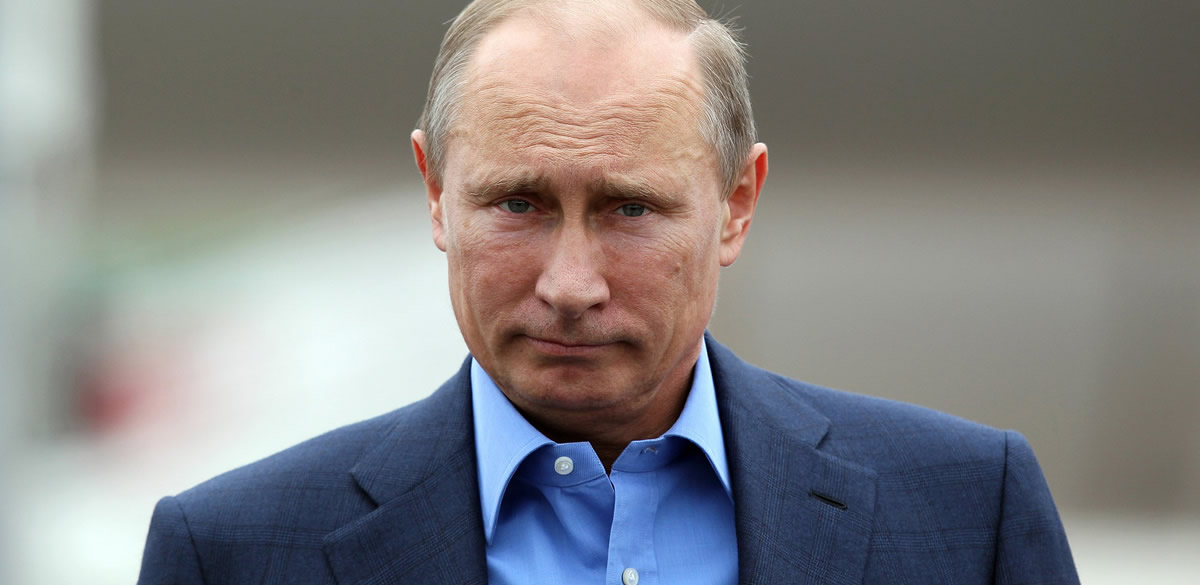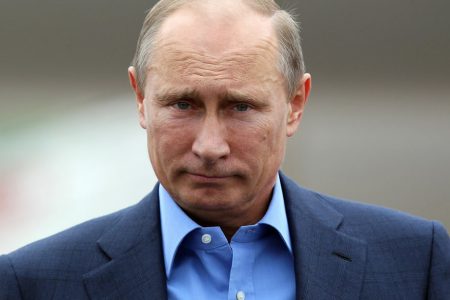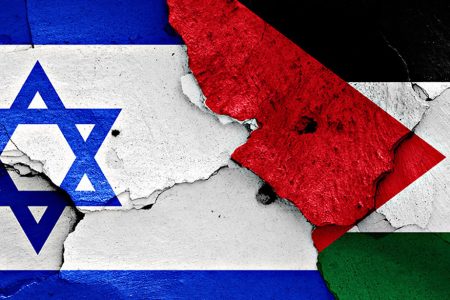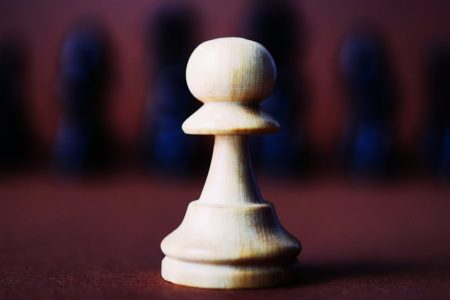An expected 100 million Americans and probably an equal or greater number of overseas viewers will be watching the first presidential debate tonight between Hillary Clinton and Donald Trump. Expected at the least are fireworks and the likely shedding of a great deal of rhetorical blood, bile and vitriol. But no matter how the debate turns out, either candidate could only imagine achieving after the vote on November 8th what Vladimir Putin accomplished in Russia’s election of the Duma last week. With a personal favorability rating of over 80% and 343 of 450 Duma, Putin exceeded the most stunning electoral victories of any American president.
Of course, Russia is not America. Only 47% of the Russian electorate voted, lower than the American average suggesting a long term problem if it means Russians are less enthused with Putin. Reports of voter fraud numbered in the thousands. Nor has Putin reacted kindly to opposition in any form whether politicians, oligarchs or the media. Yet, despite these negatives, Putin has cemented power more or less through the ballot box and personal popularity to which I can attest from my last trip to Moscow.
From an American perspective, the only way this was possible was through the heavy-handed and occasionally brutal tactics of an autocrat. After all, the Russian economy is still fragile. The war in Syria is proving excessively costly and seemingly without end.
Economic sanctions remain in place. Russian aircraft continue to harass NATO ships and patrol planes in international air space and waters. One Russian fighter closed to within ten feet of a U.S. surveillance aircraft – a dangerously provocatively maneuver. And NATO is beefing up its defenses on its eastern most borders in response.
Of course, opinion polls and Duma votes could have been rigged – as one of the candidates for U.S. president warned would be the only reason for his defeat. Putin has surely advanced the cult of the personality as Stalin did. But cult status was later used as one of the reasons to topple Stalin’s successor Nikita Khrushchev. However, public support for Putin does appear strong and far, far stronger than that in America for either Mrs. Clinton or Mr. Trump.
The reasons are clear. First, universally, Russians want a leader who is seen as strong, clever if not smart and acting in the state’s best interests. Putin fills each of these criteria, at least so the moment.
Second, different states have different idiosyncratic motivations for evaluating leaders. Russians have a sense of insecurity baked into the national DNA over centuries dating back to invasions by the Tatars and Mongols. Russians believe that their country should be respected internationally. And Russians believe in the uniqueness of their culture. Putin understands this.
Third, Russians have a long and tragic history of enduring great hardships whether under tsars, the Communist Party or invaders. The same endurance applies today with a flagging economy. The question is how long this capacity for suffering will last in age of instant, global communications in which Russians compare their standard of living with other countries.
Putin knows his constituents. Perhaps his KGB training and education have enabled him to master both wholesale and national politics by exploiting that knowledge to influence, convince and even coerce his citizens to support his leadership. Some of the answers to Putin’s success and longevity may emerge at the end of this year. Two years ago, Putin promised that the economy would improve by early 2017.
If Putin can have some of the EU sanctions lifted or if energy prices soar, then the Russian economy will indeed improve. The latter seems very remote. The EU will decide on the continuation of its sanctions. But if Putin is prepared to negotiate over Ukraine, there could be a softening. If not, that is a problem.
Meanwhile, Putin is attempting to strengthen ties with China. Energy deals and a recent joint naval exercise in the Pacific between China and Russia could be harbingers of Putin engineering a reverse Nixon using China as a lever against the United States. Putin views the Shanghai Cooperative Organization (SCO) as a geostrategic and conceivably economic counterweight against the EU and even NATO.
In many ways, Putin knows how to play a weak hand. Whatever his strengths, President Barack Obama has not been able to outplay, outthink or outmaneuver Putin. Neither has Mrs. Clinton. Mr. Trump thinks he can. Should he be elected, Trump will get the surprise of his life. This is not New York real estate where gaming the system works. This is the big time. And, if polls count, Putin ain’t bad at this game.




